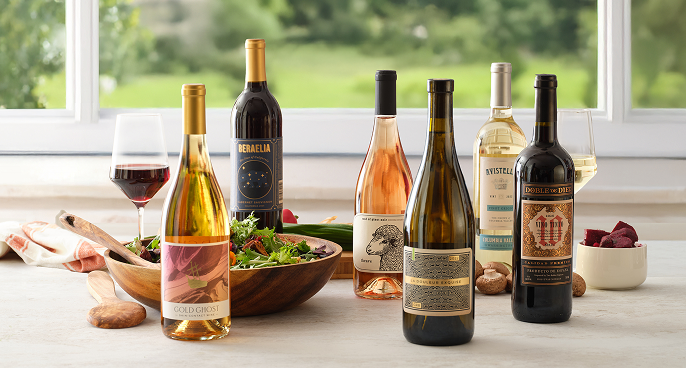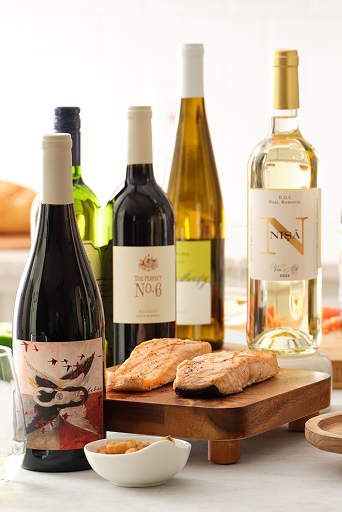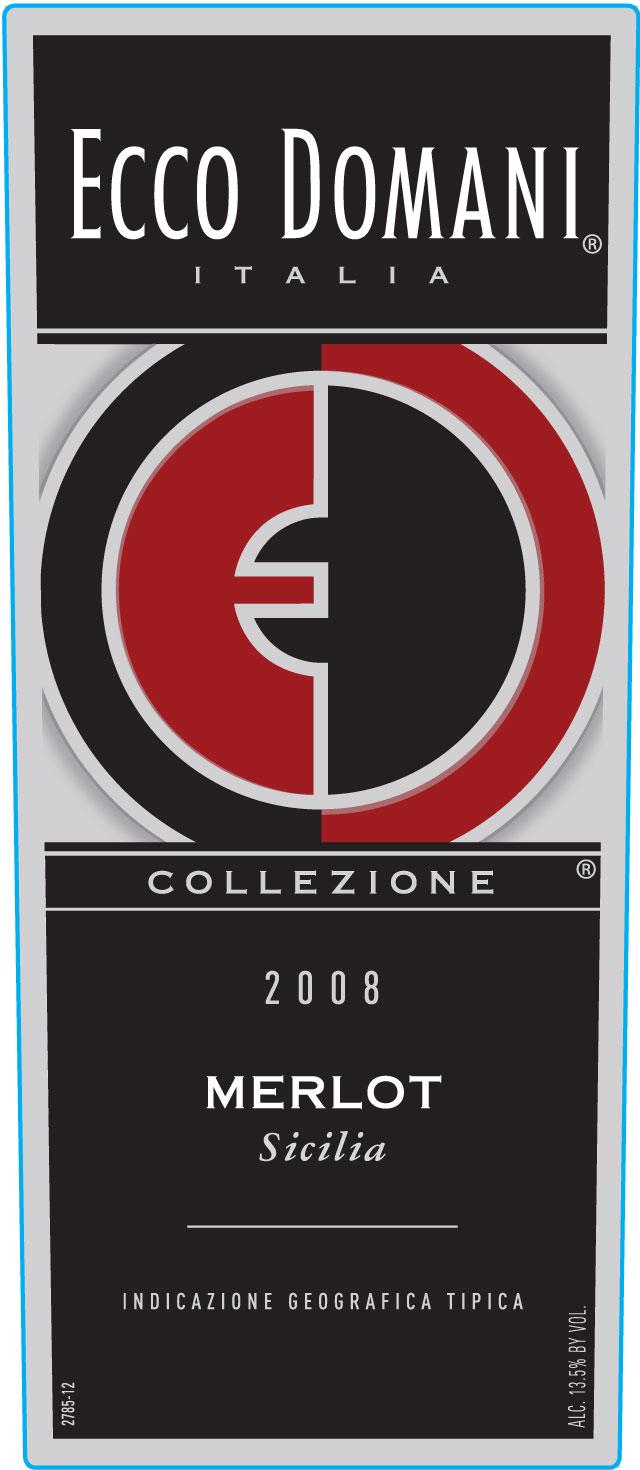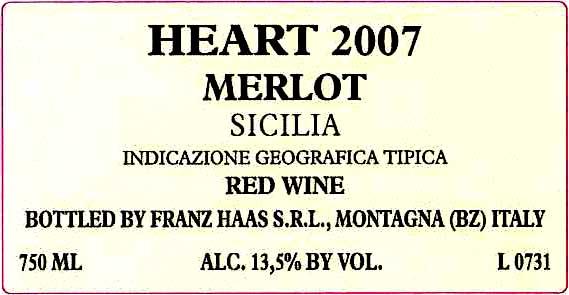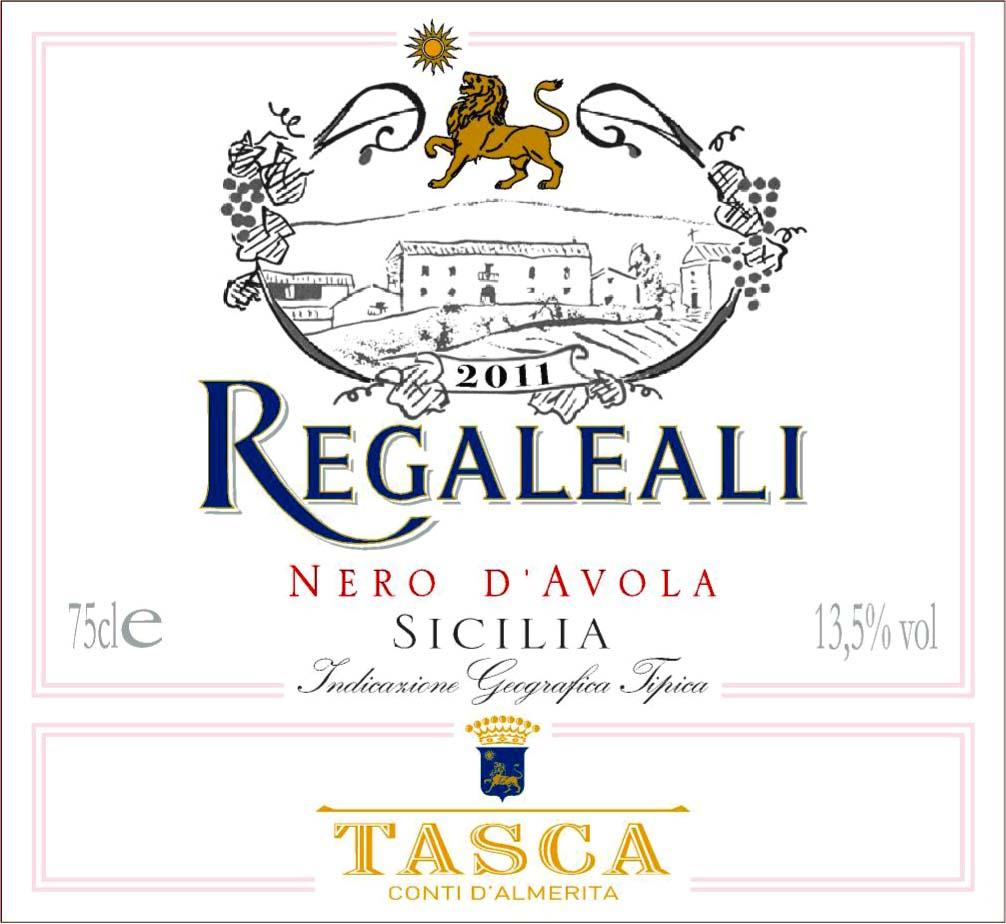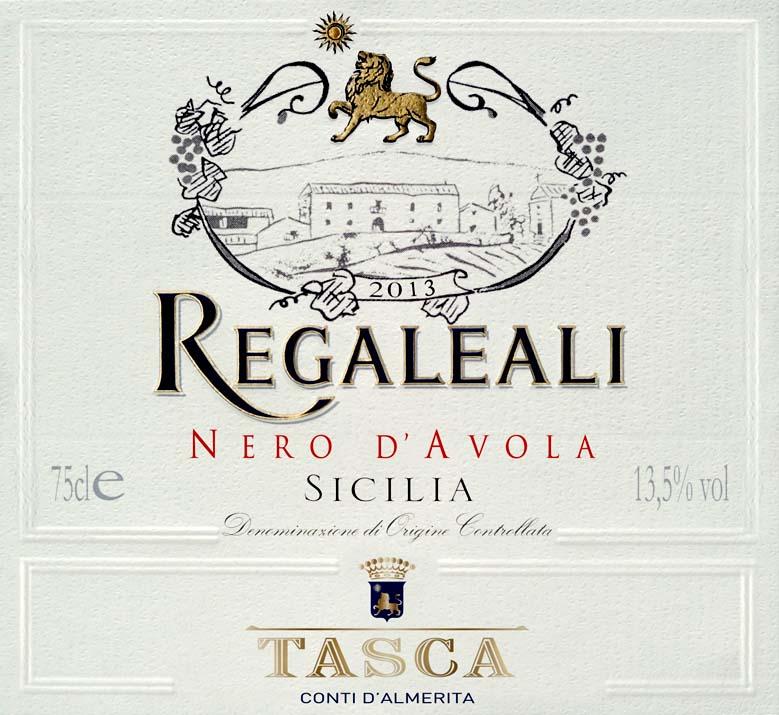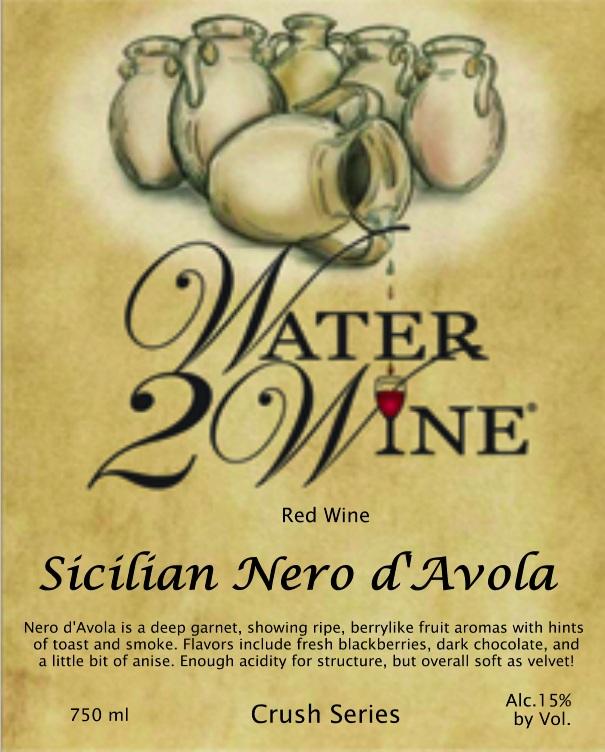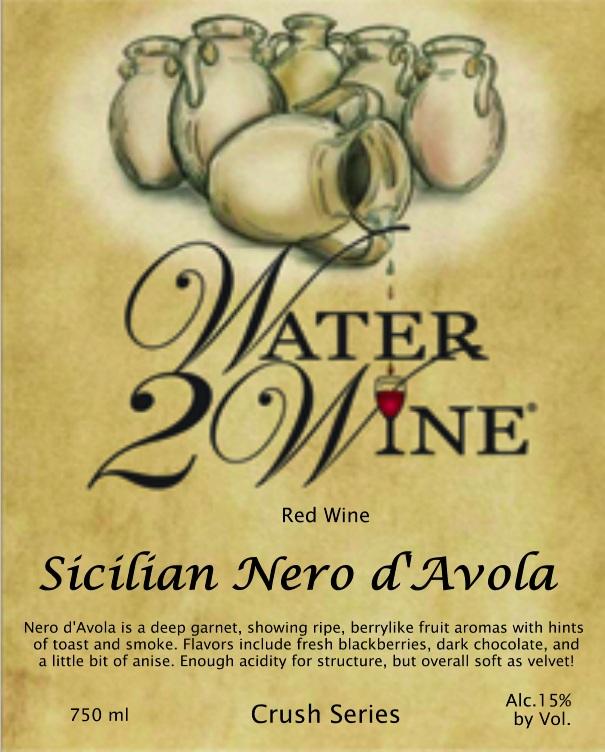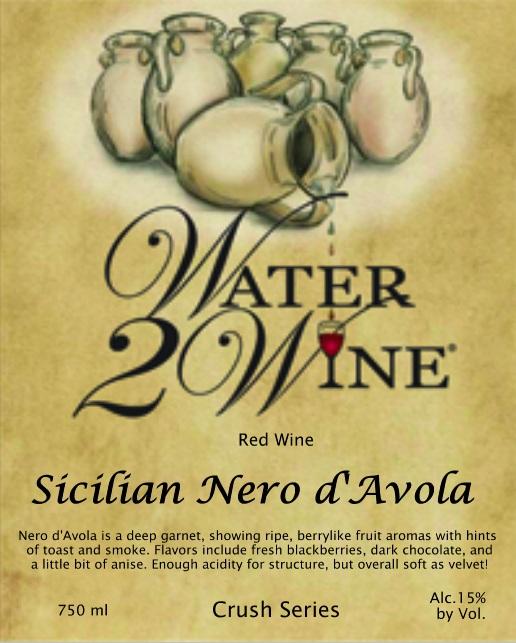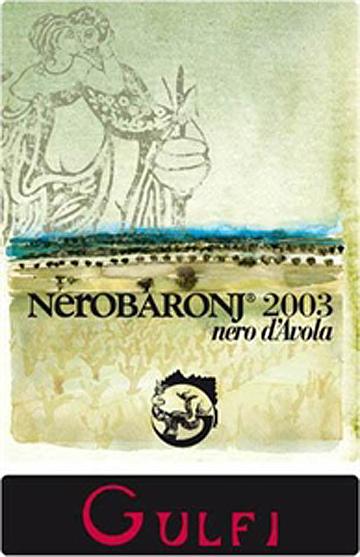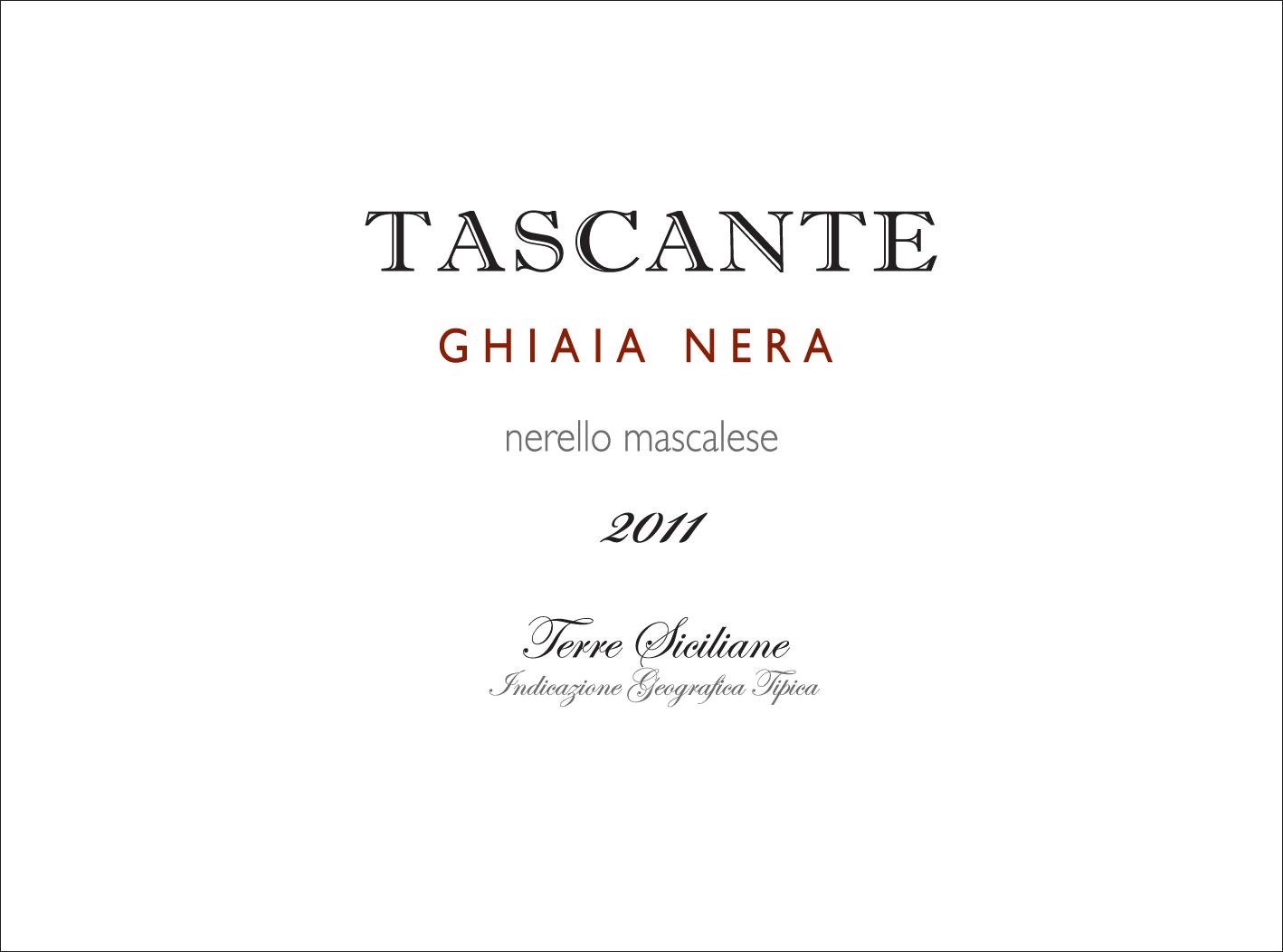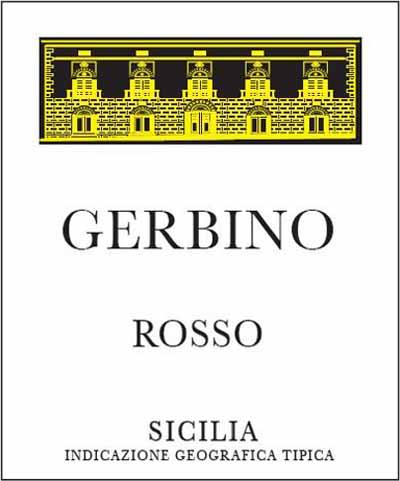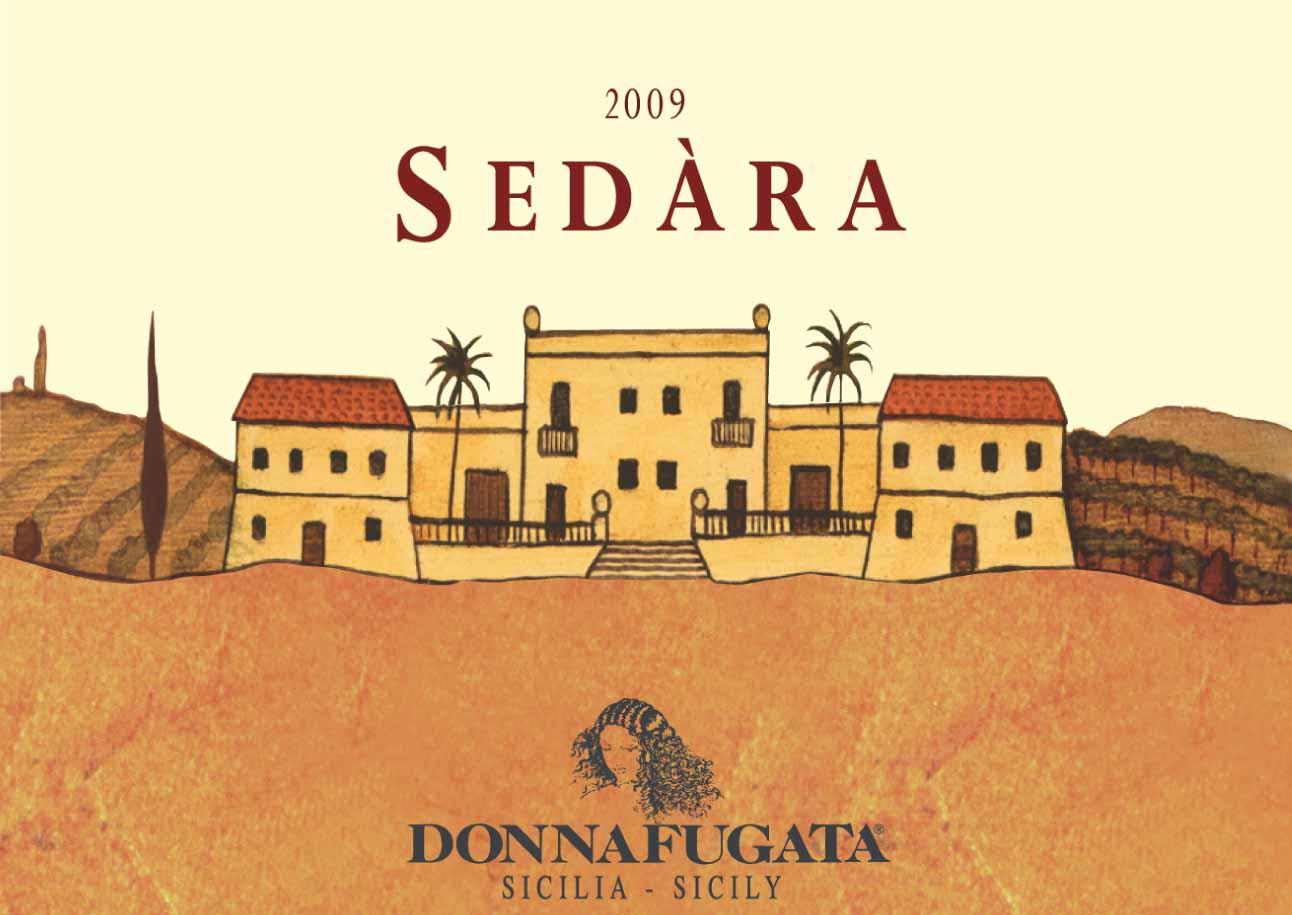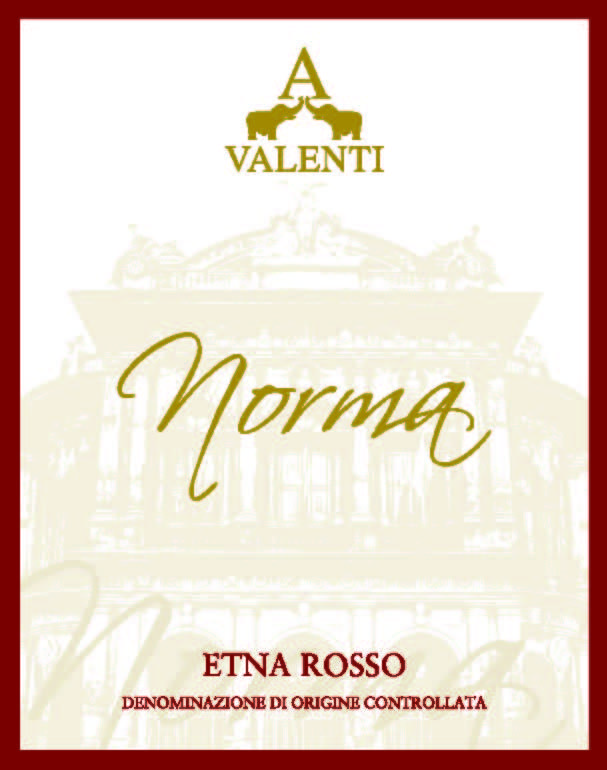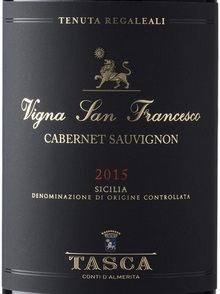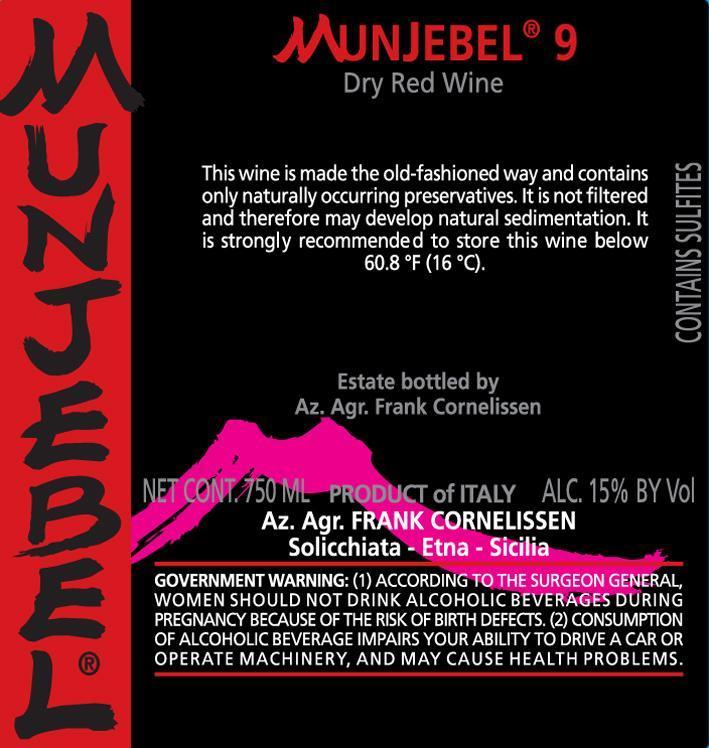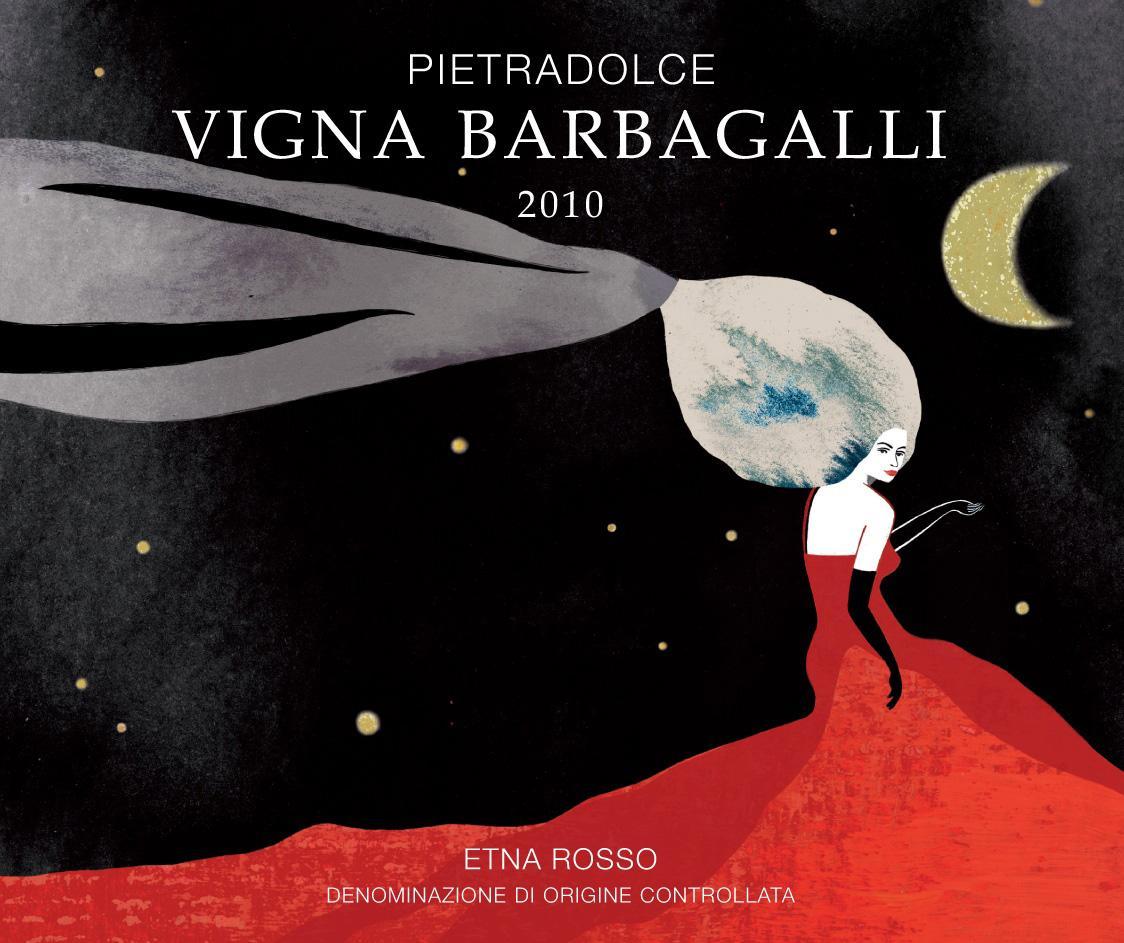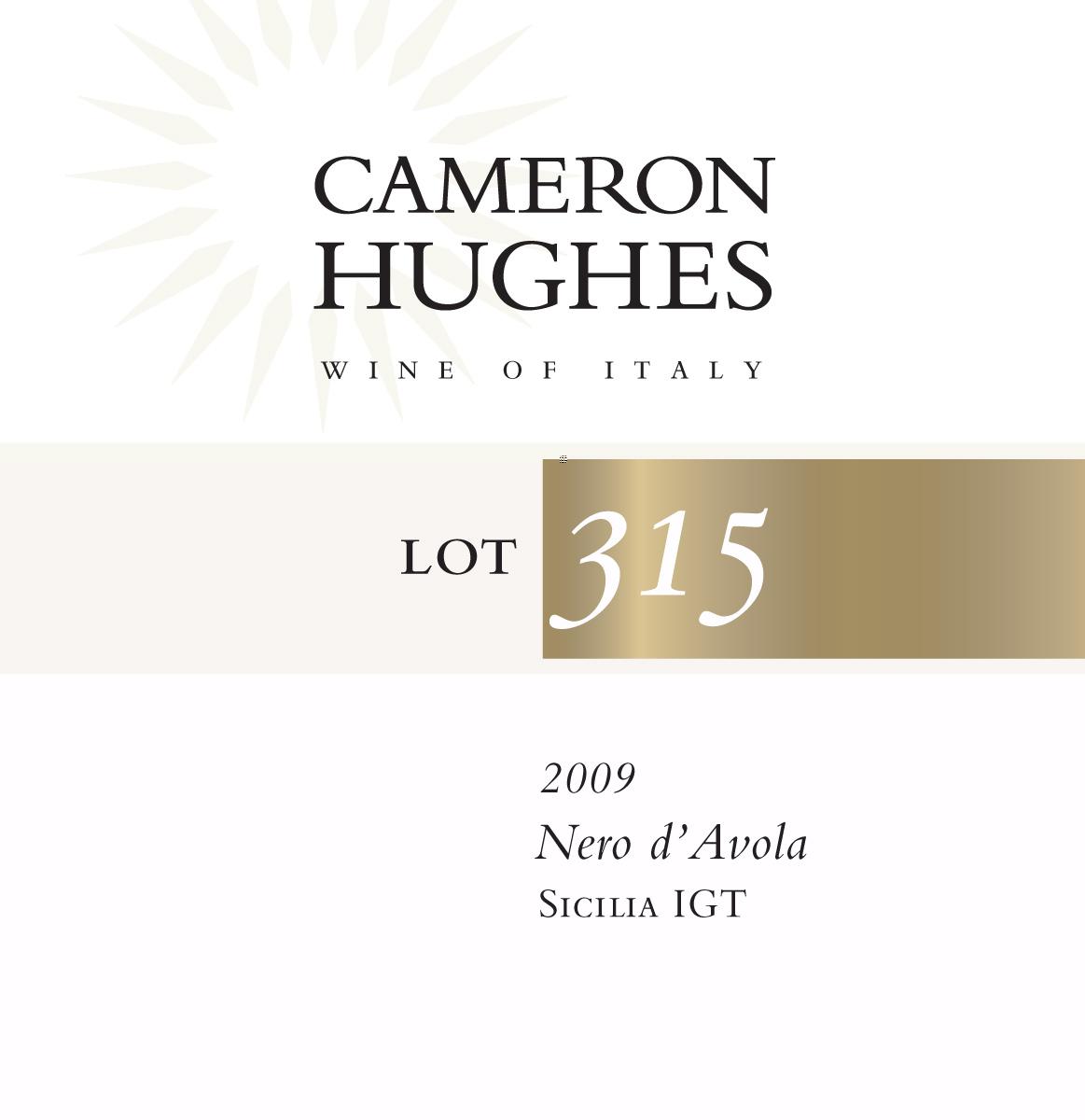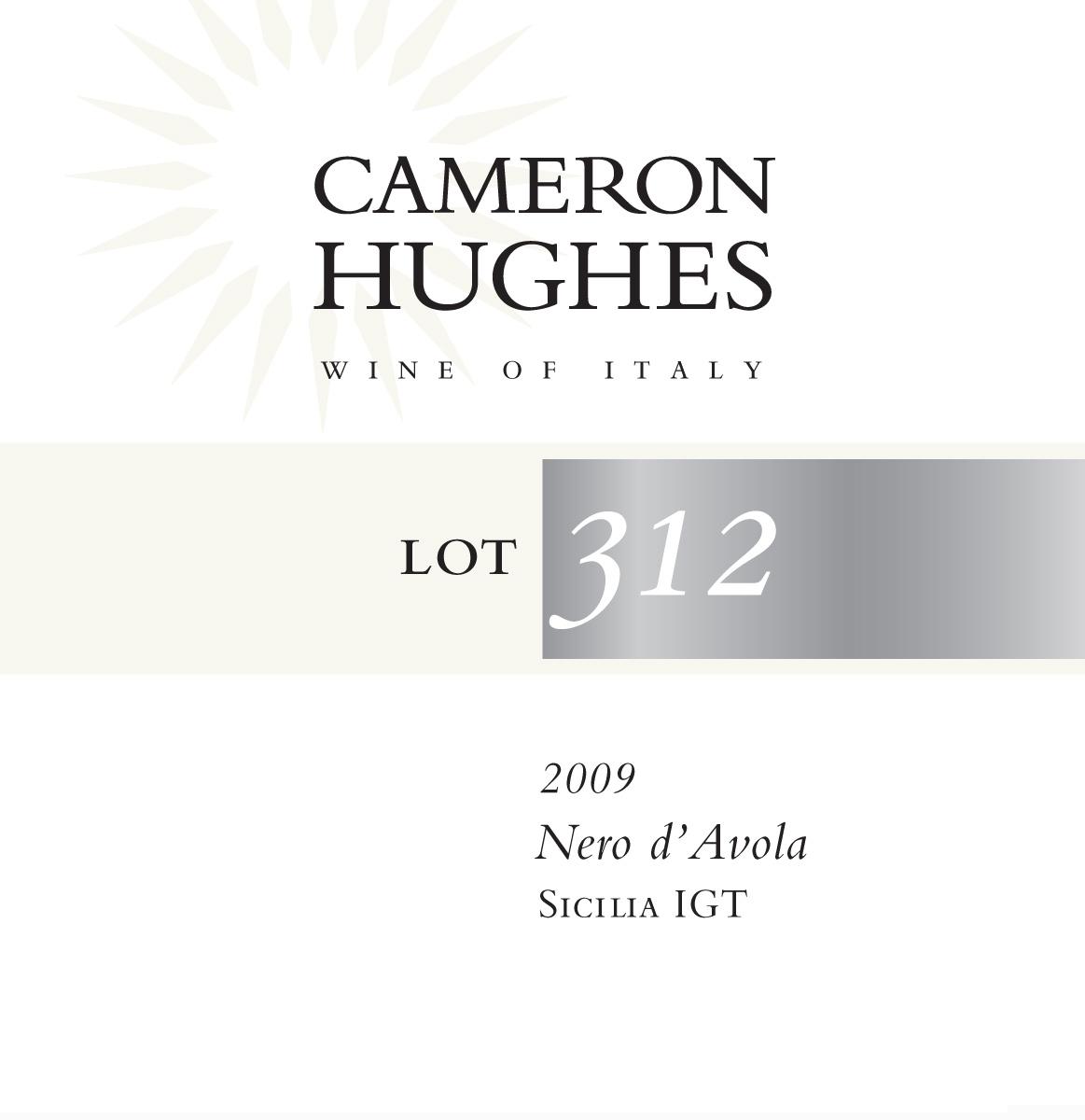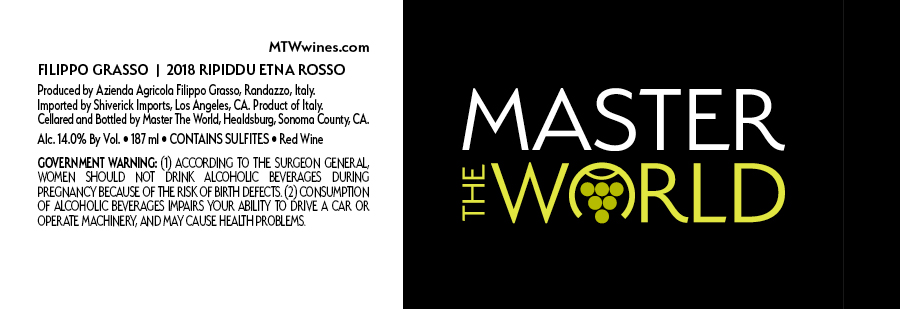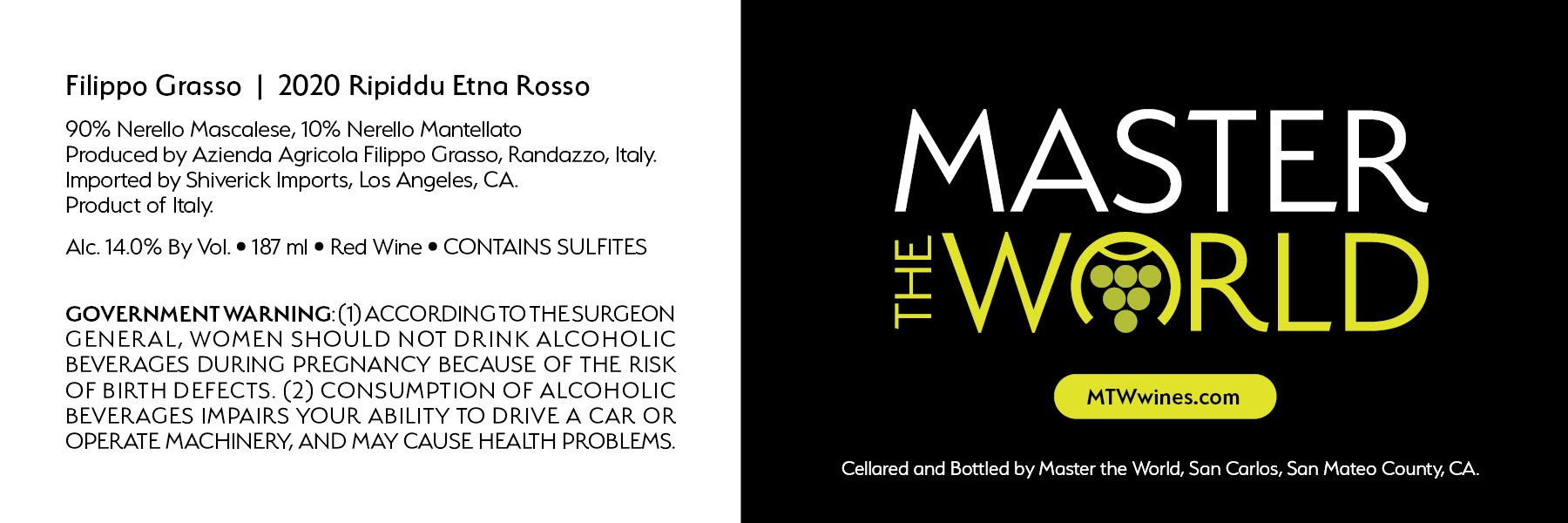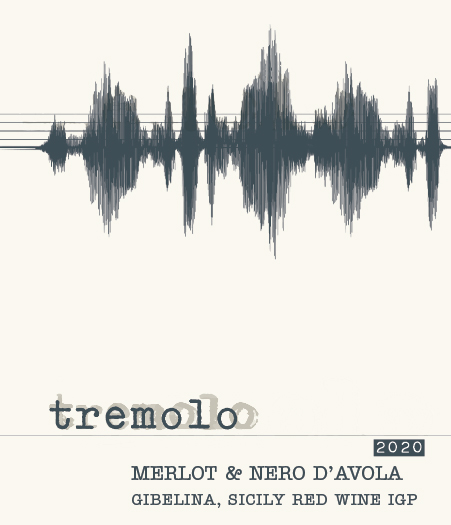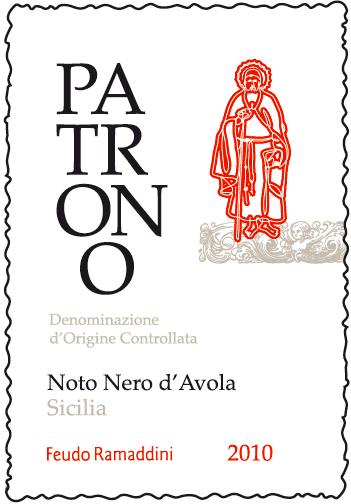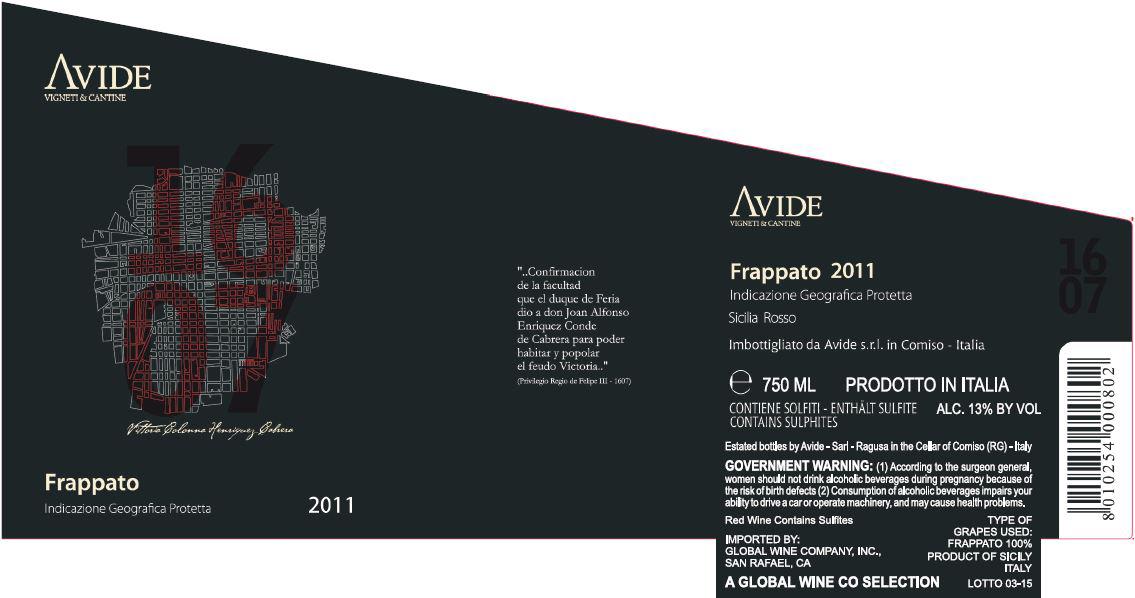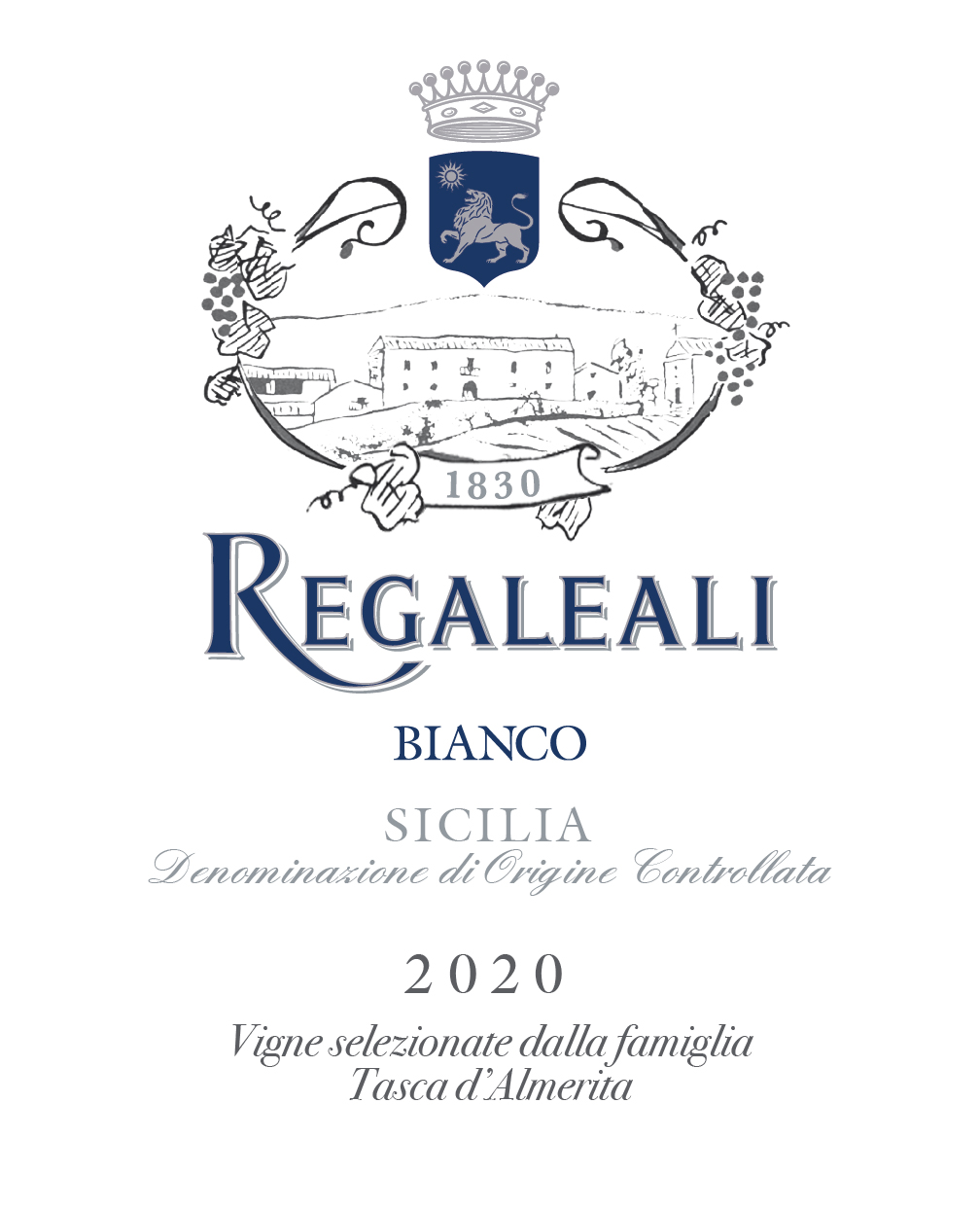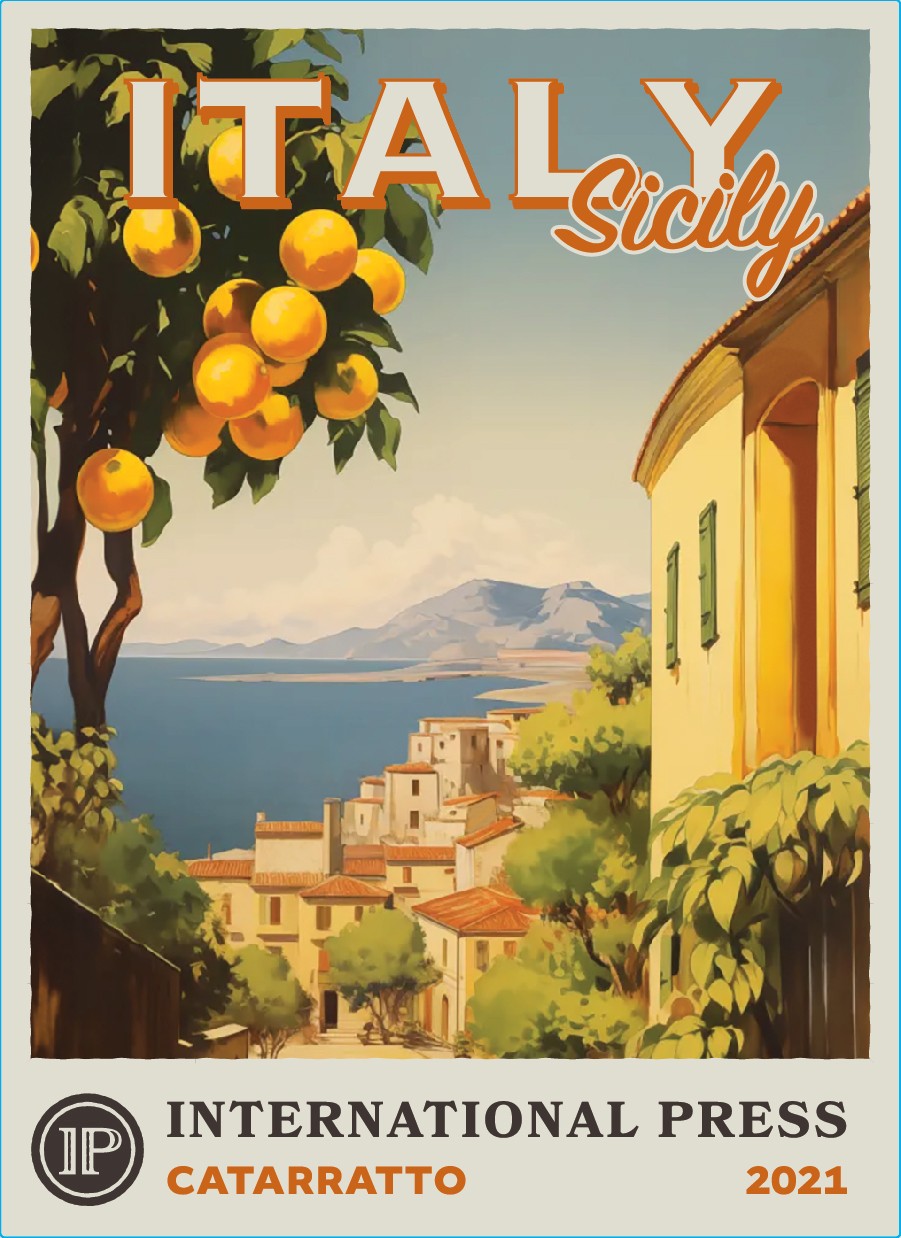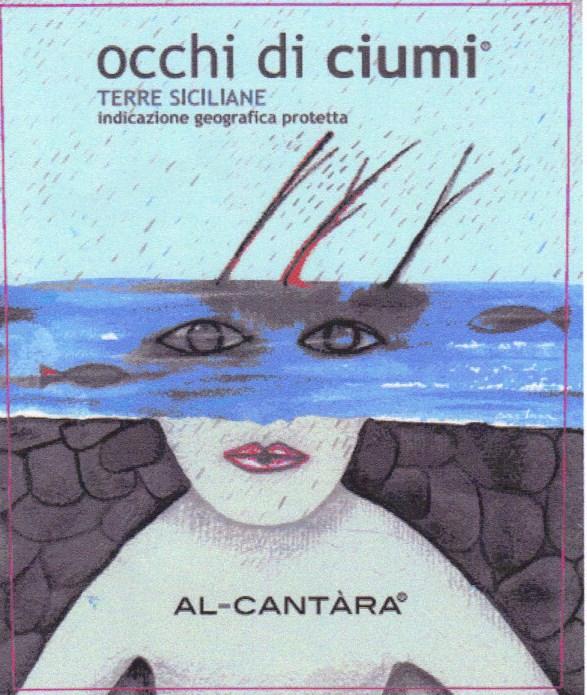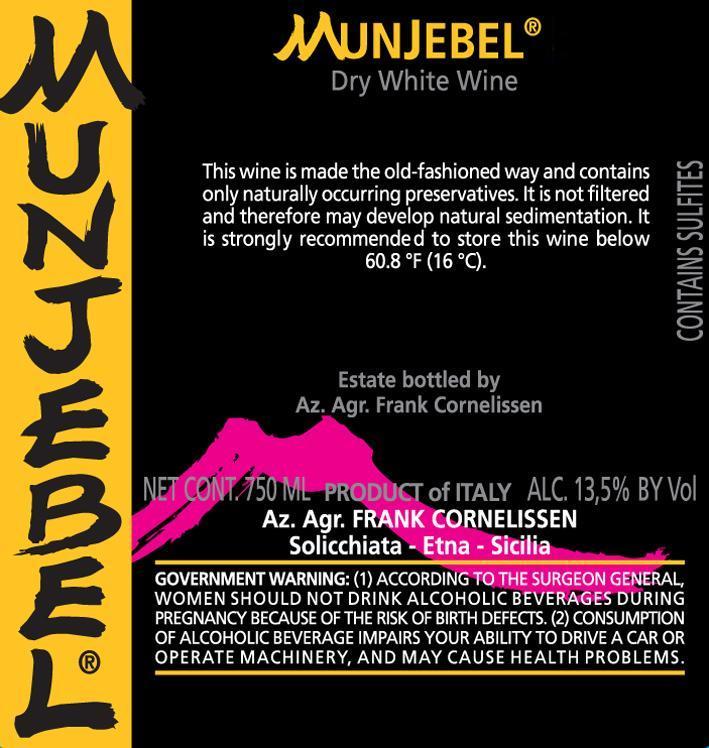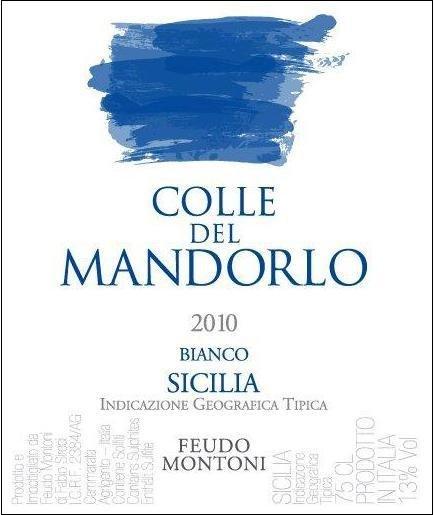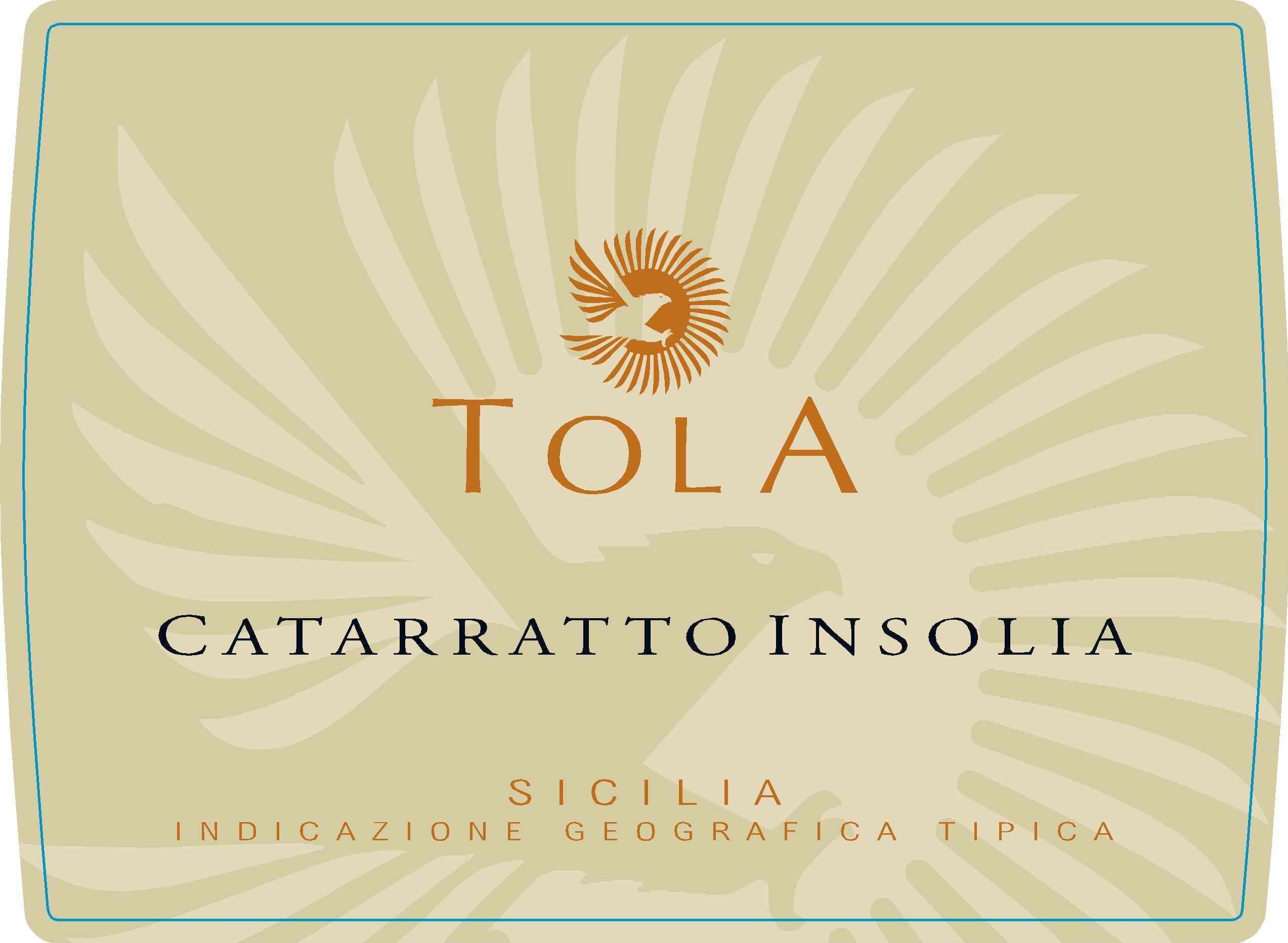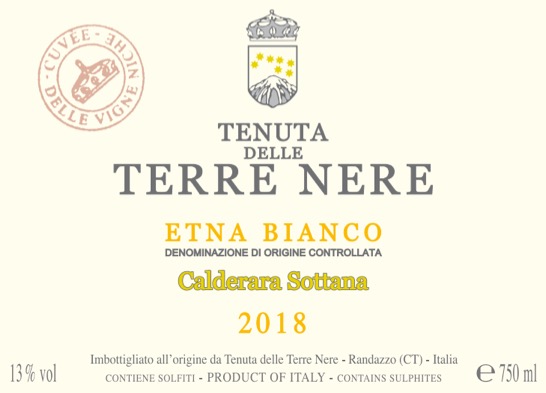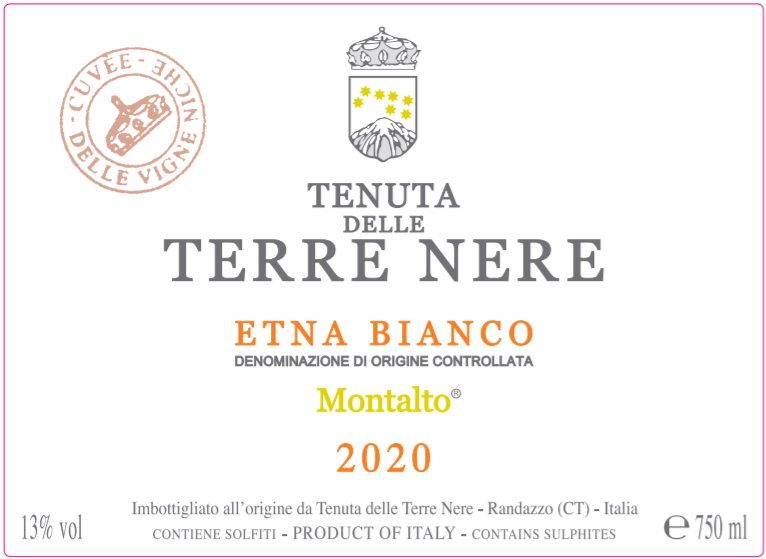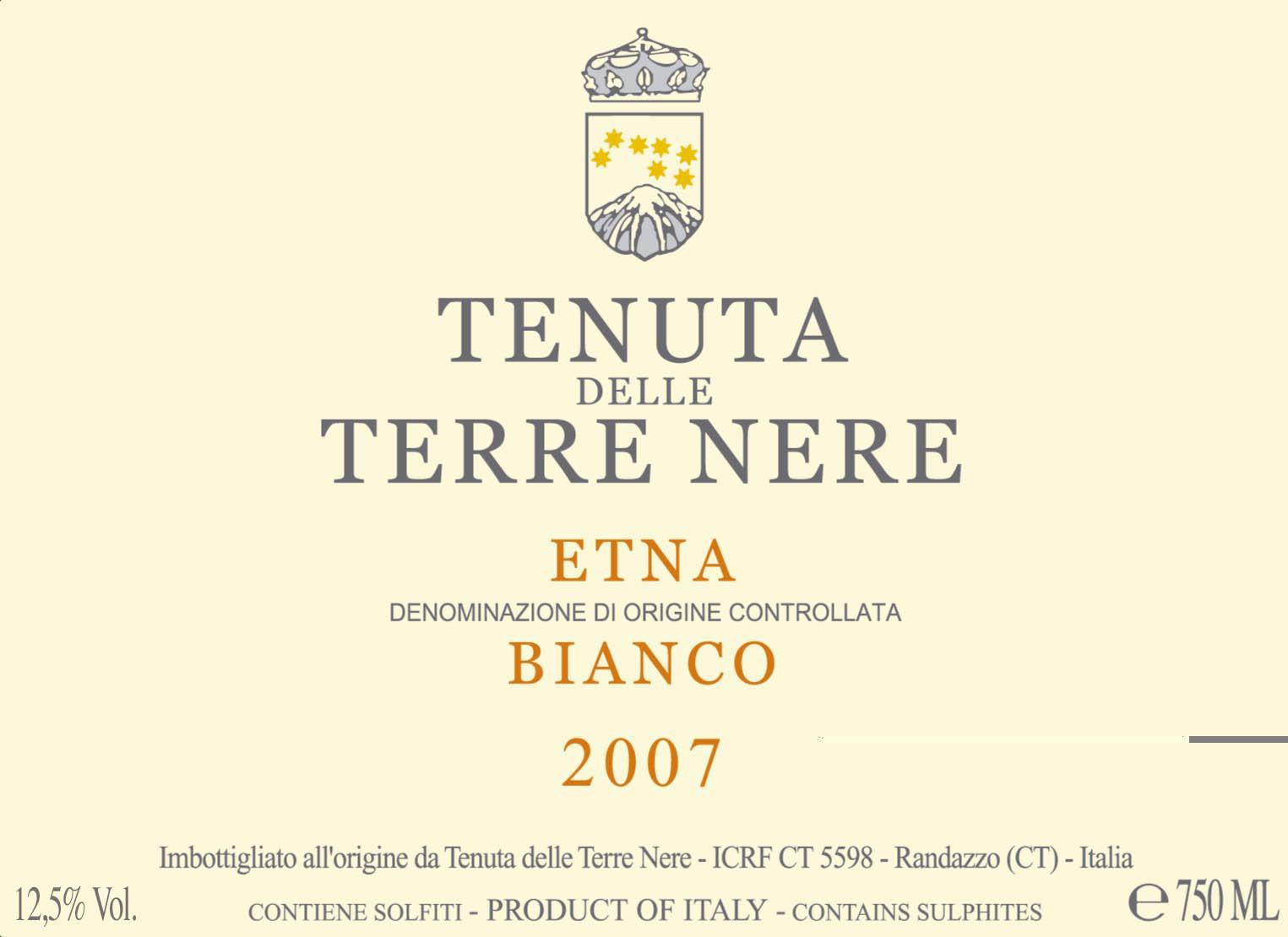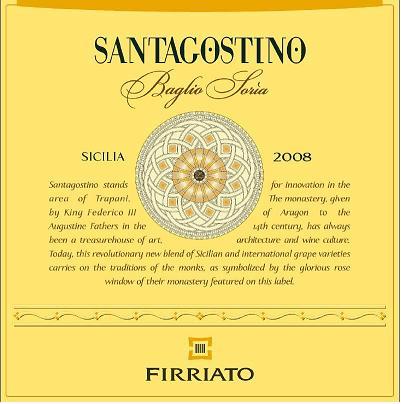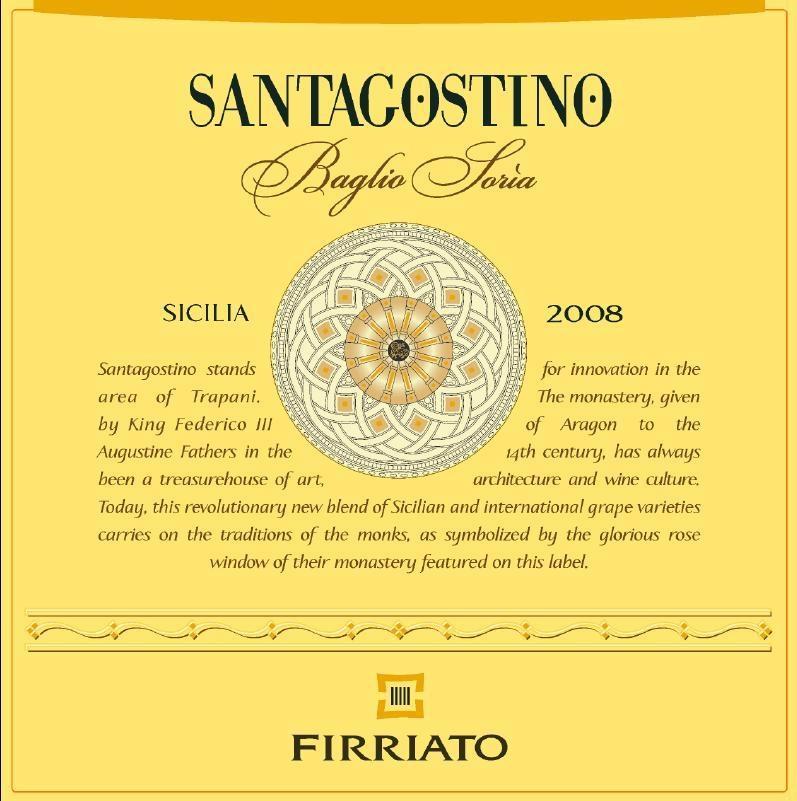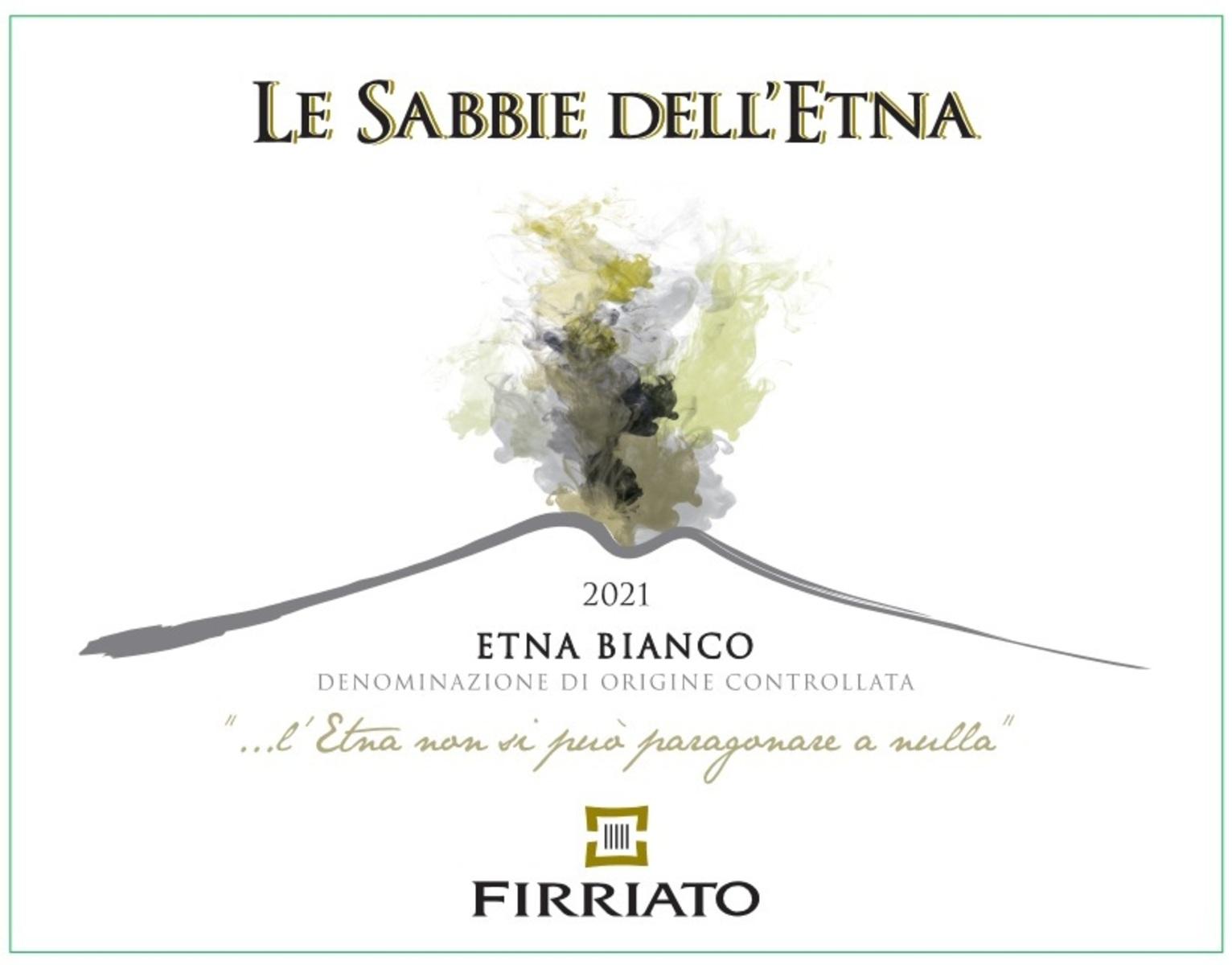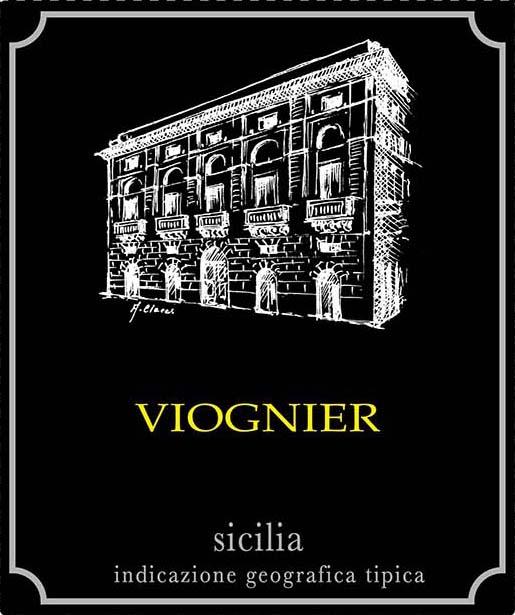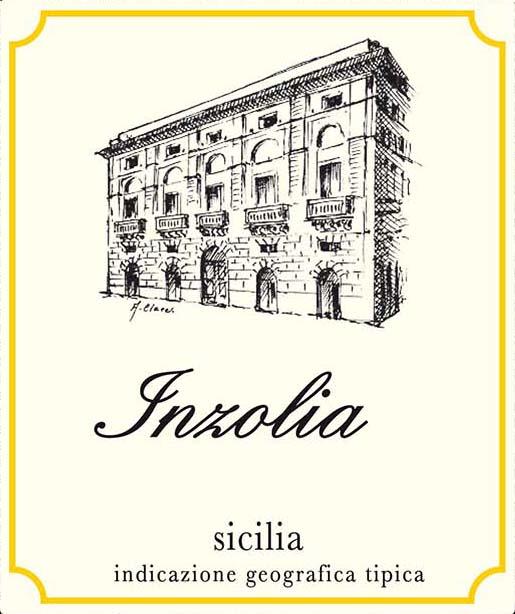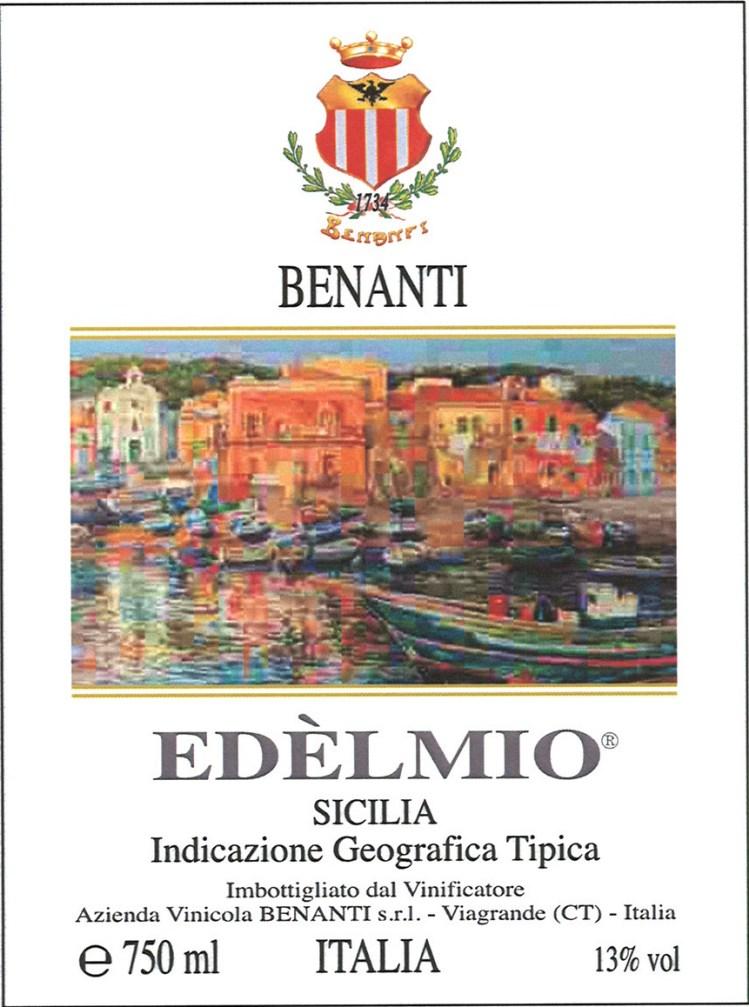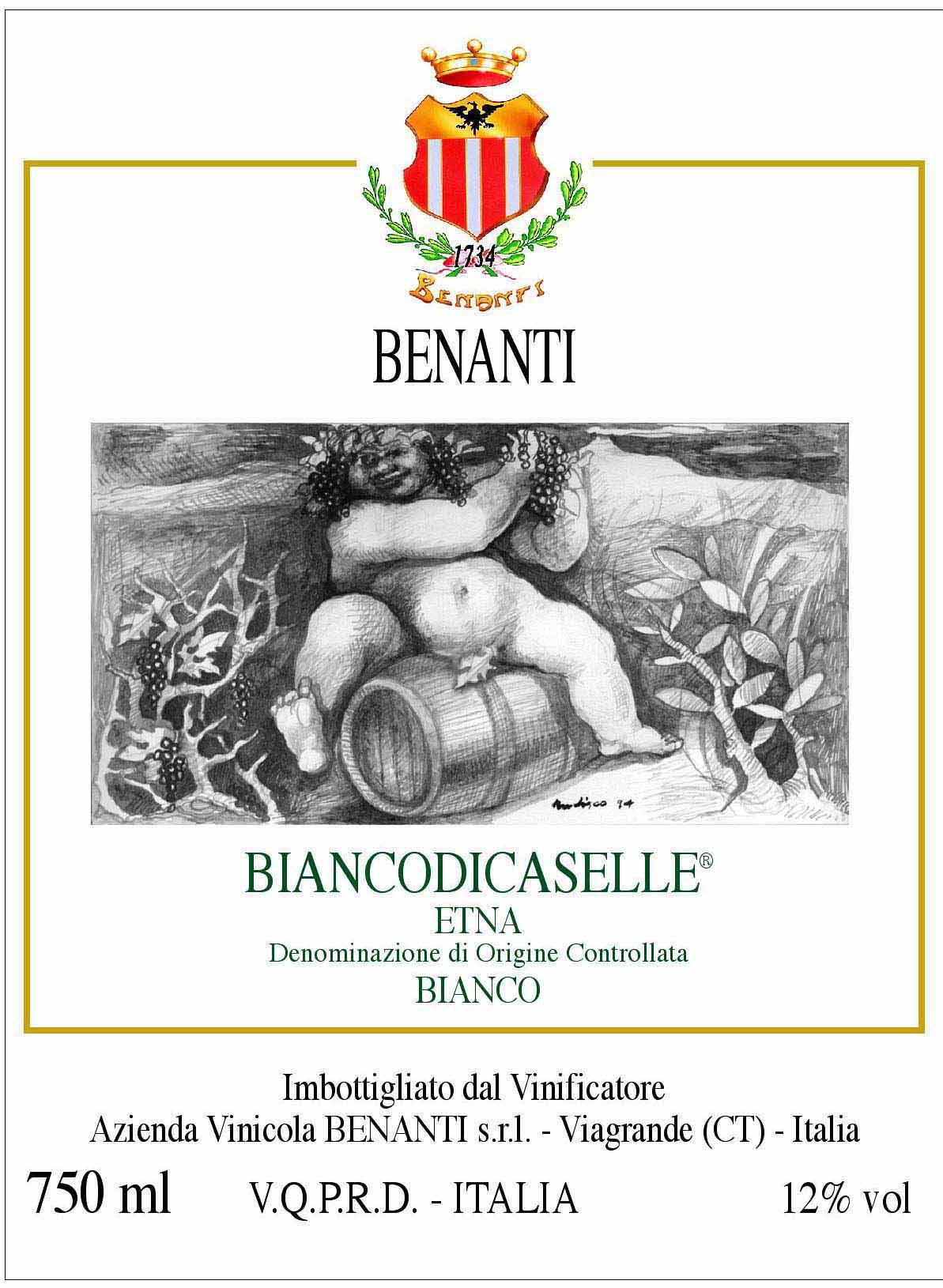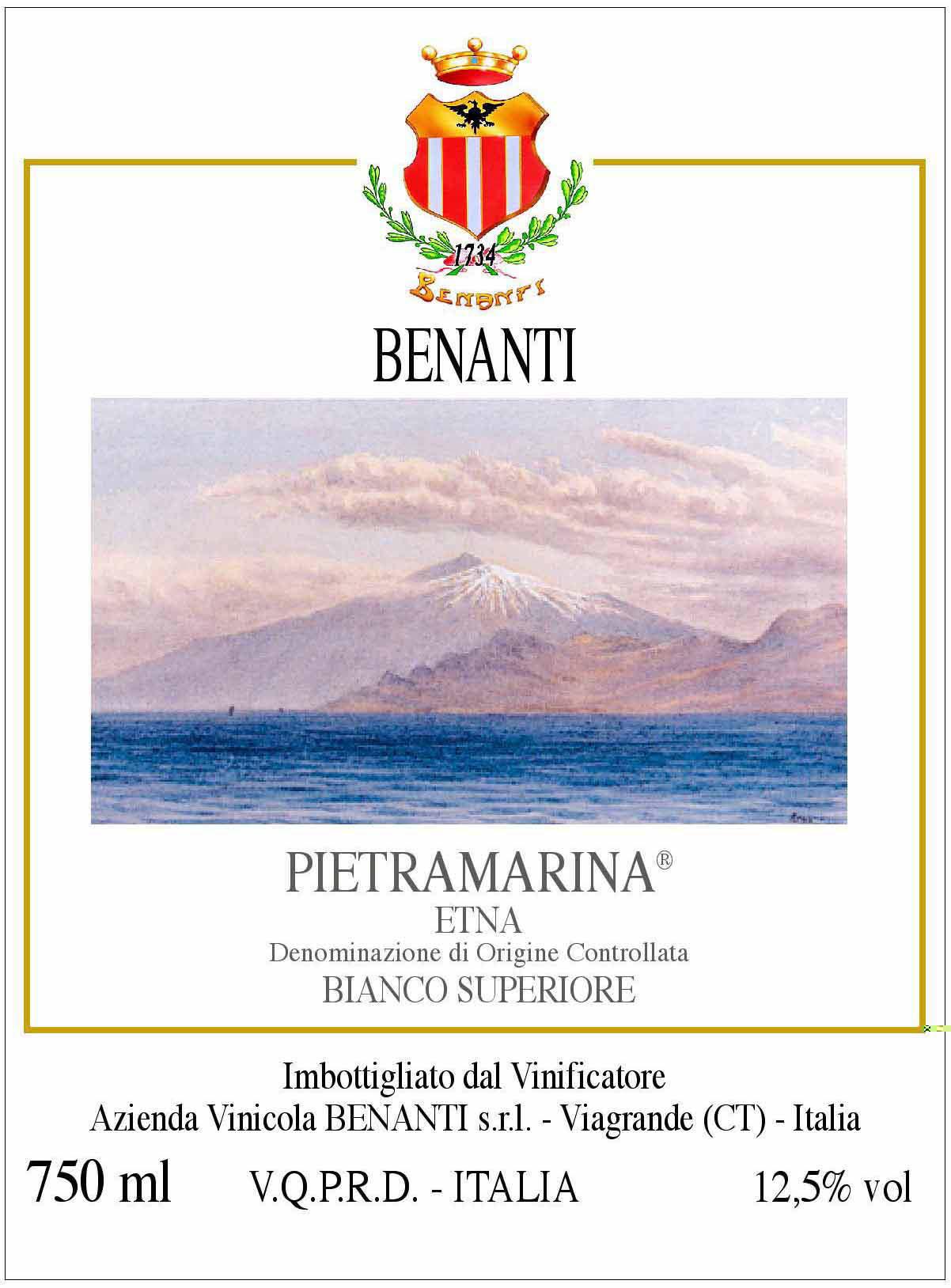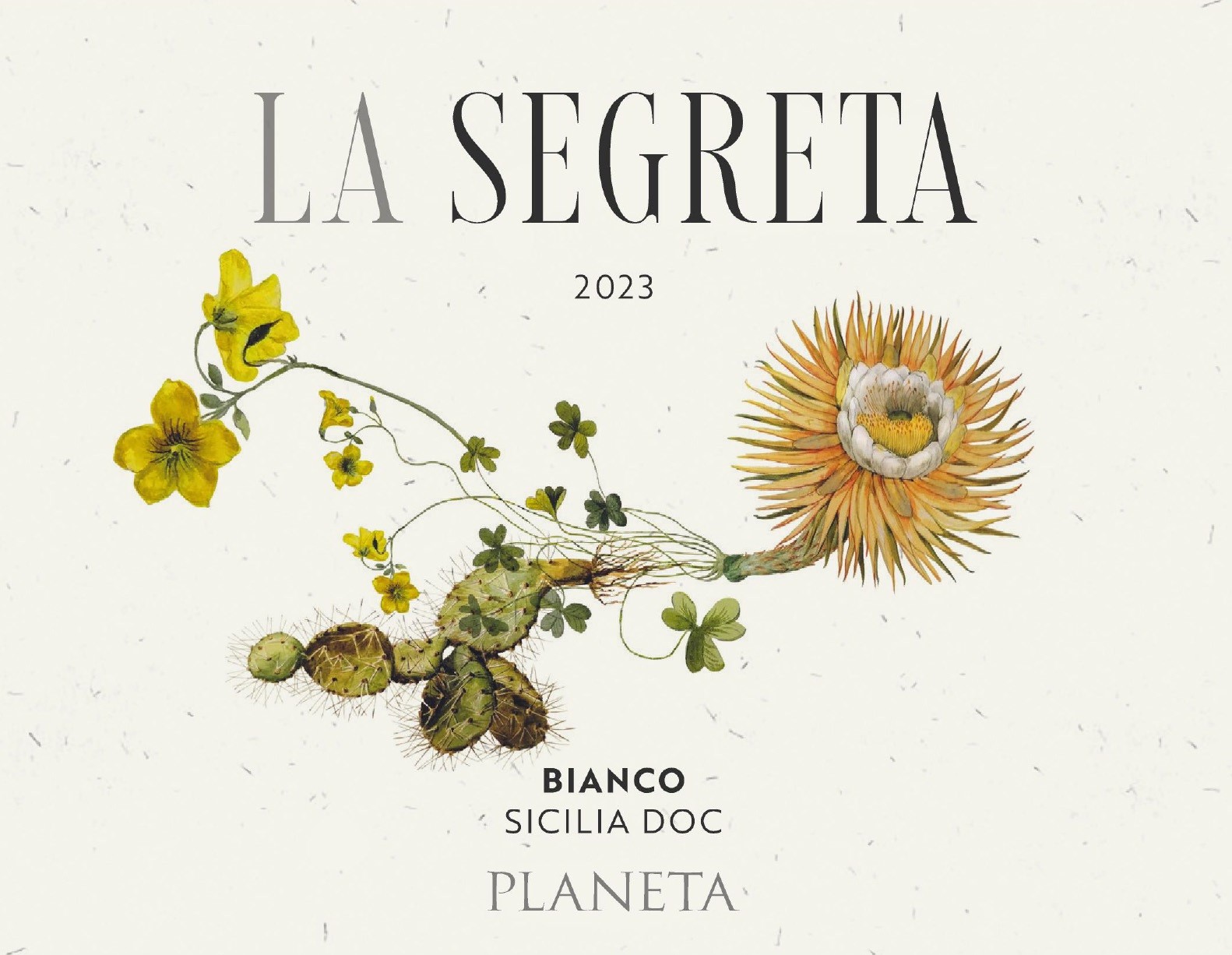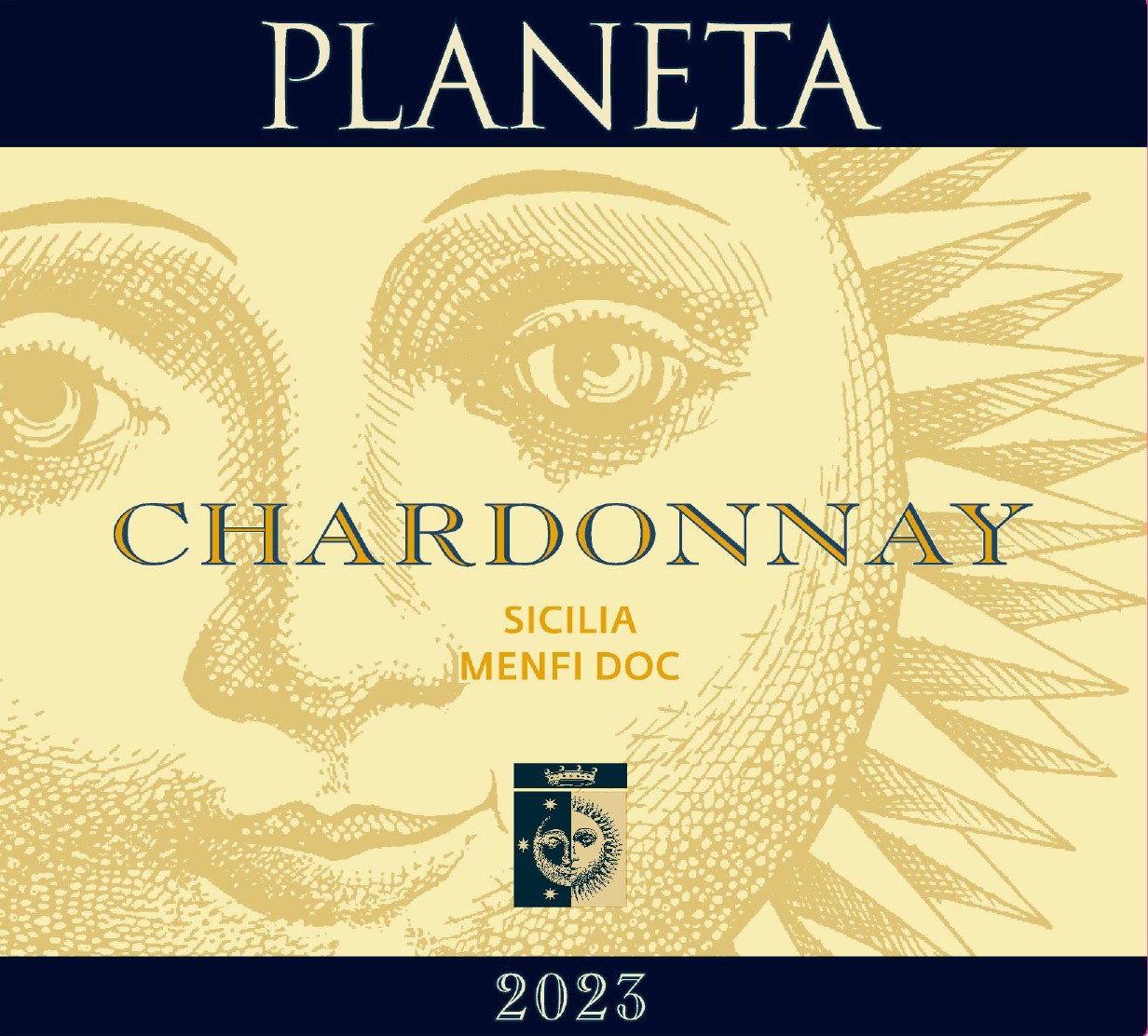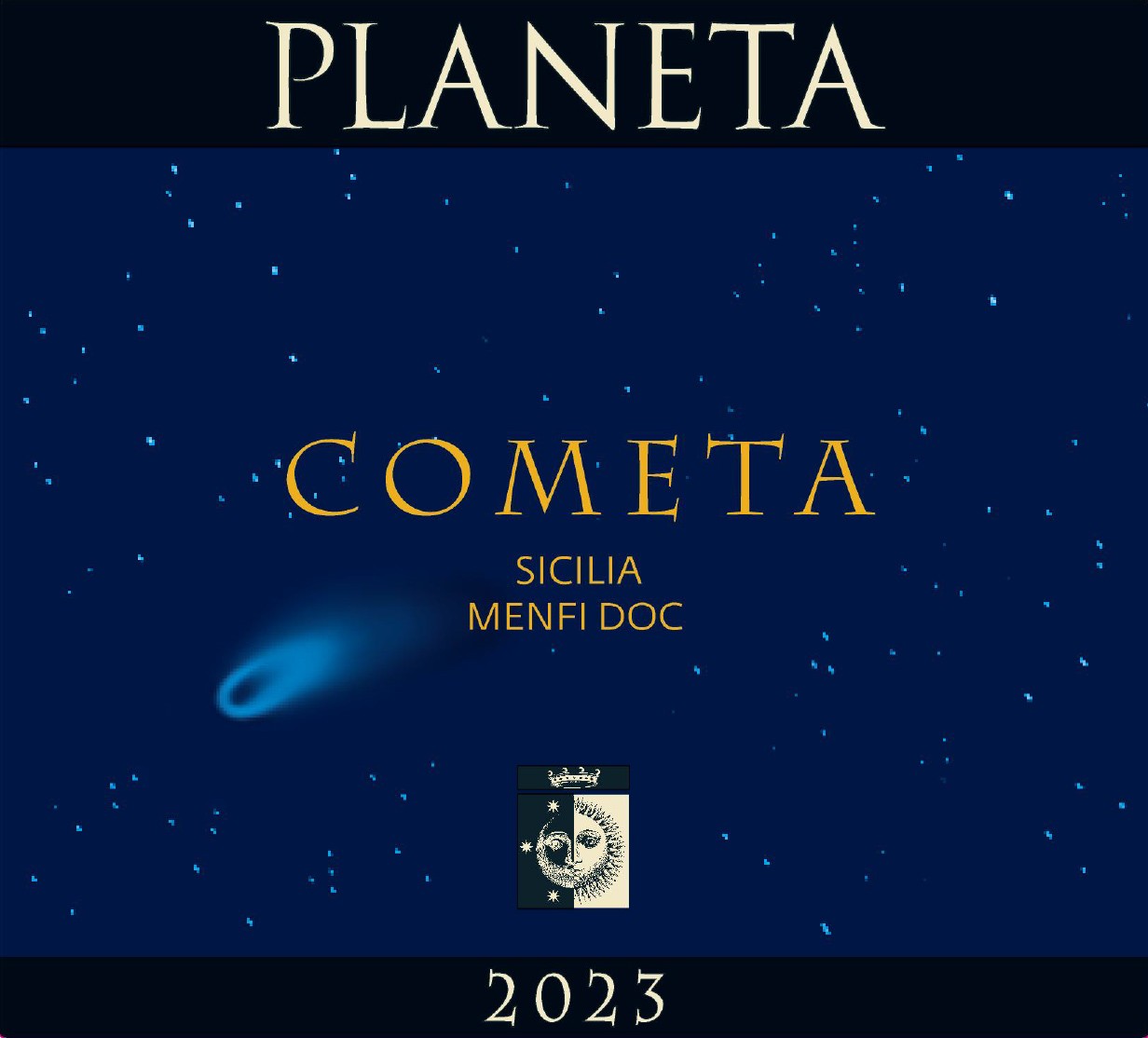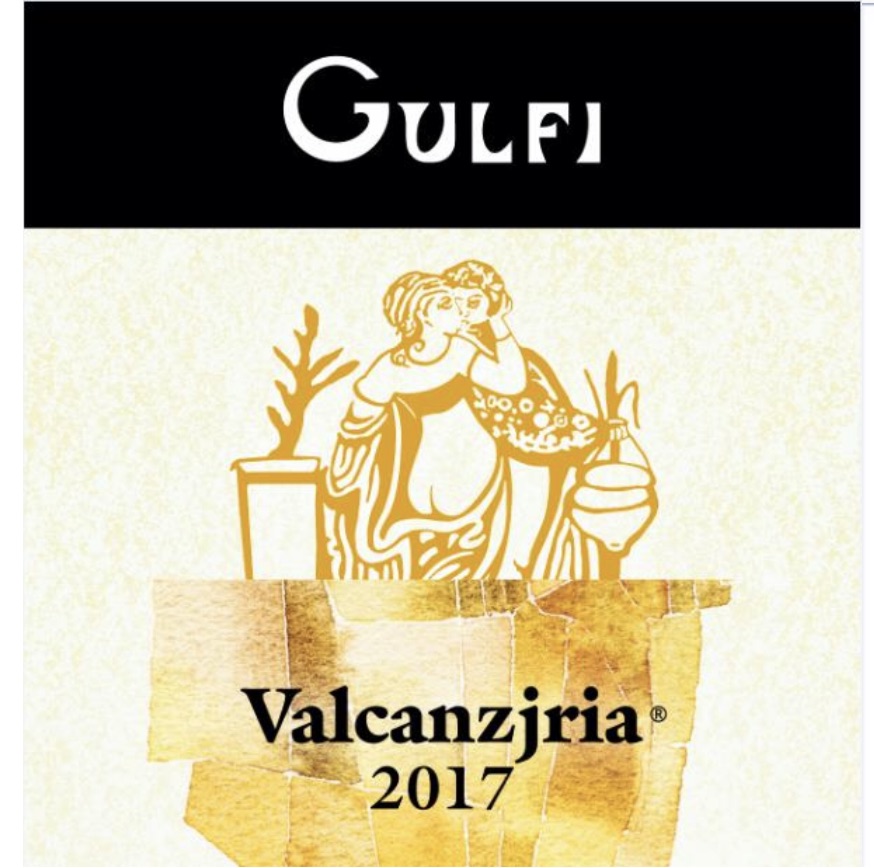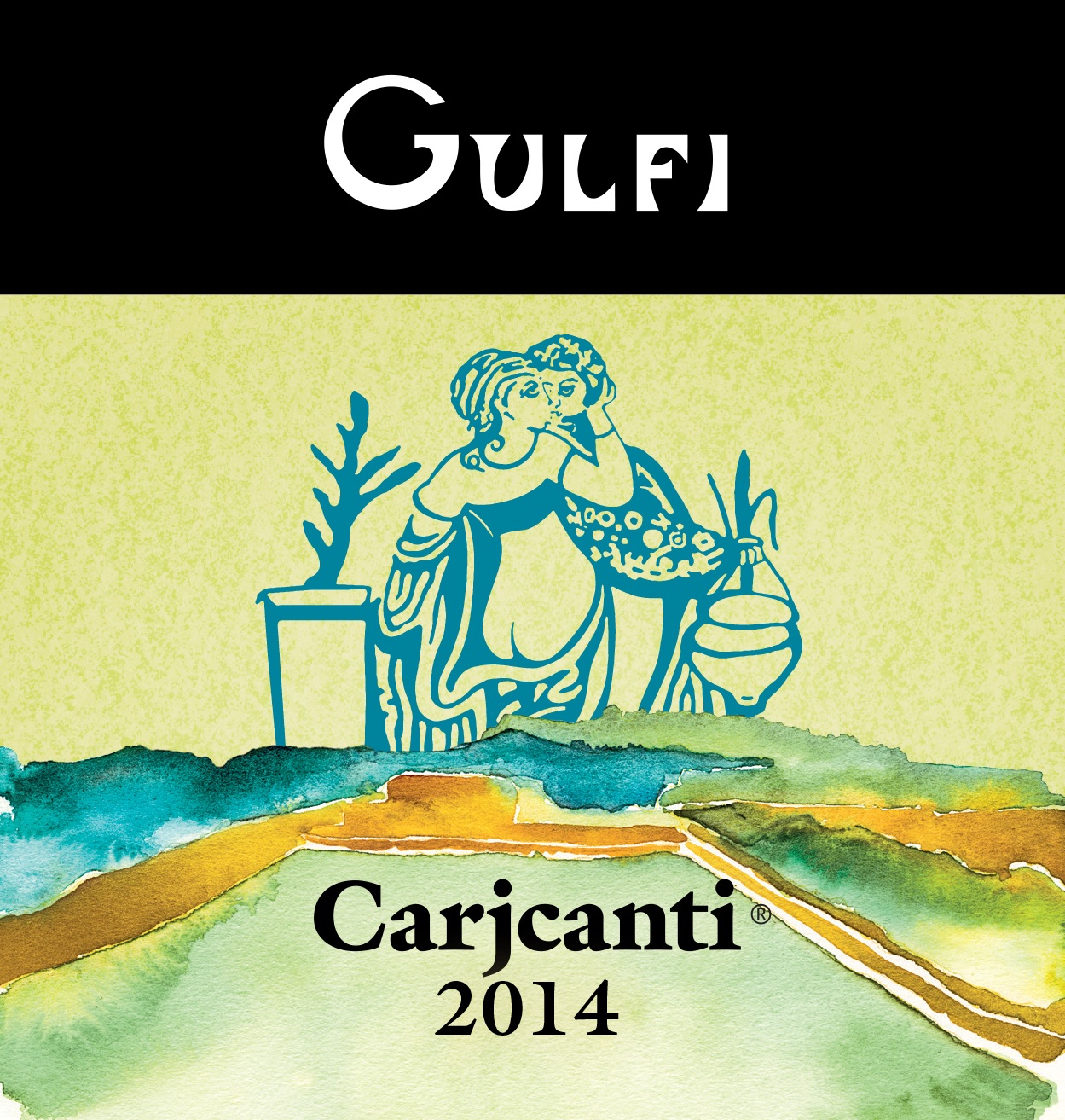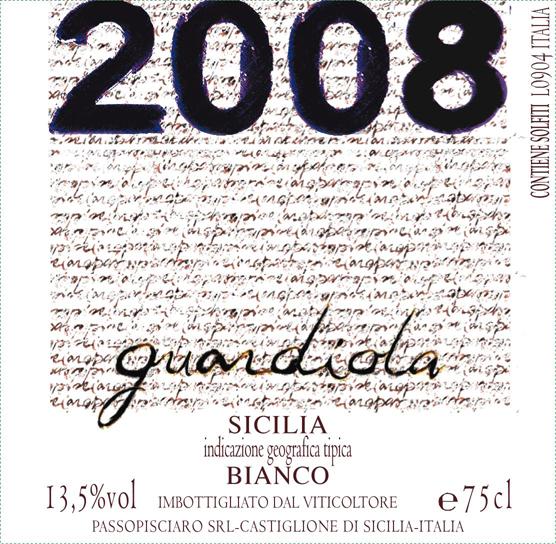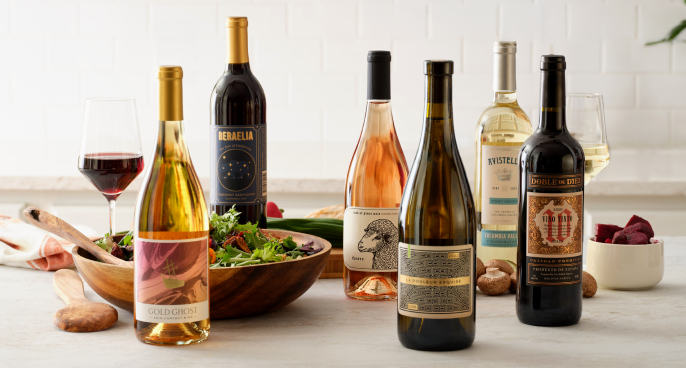Terroir of Sicily
Sicily's winemaking prowess stems from its diverse terroir and climate. The island's geological tapestry includes volcanic, limestone, clay, and sandy soils, each contributing unique qualities to its wines. Mount Etna's mineral-rich volcanic terrain, for example, enhances the complexity and minerality of its wines, while the limestone and clay soils in the west foster bright, structured whites.
The Mediterranean climate, characterized by hot, dry summers and mild, wet winters, is ideal for viticulture. High altitudes, particularly on Mount Etna, provide cool temperatures and significant diurnal temperature variations, preserving acidity and promoting flavor complexity. Winds like the Scirocco and Maestrale shape vineyard conditions, aiding in sustainable practices by moderating temperatures and reducing disease pressure. This harmonious blend of geology and climate underpins Sicily's transformation into a hub of wine excellence.
Notable Wineries in Sicily
Sicily's wine scene has been transformed by a select group of visionary wineries, each contributing to the island's global recognition. Here are a few that stand out:
-
Planeta: A trailblazer in matching grape varieties to unique Sicilian terroirs, renowned for their Chardonnay and commitment to sustainability.
-
Tasca d'Almerita: This historic estate has focused on quality for over 190 years, emphasizing sustainable practices and diverse terroirs.
-
Donnafugata: Known for revolutionizing Sicilian wine perception with artistic labels and iconic wines like Ben Ryé.
-
COS: Pioneers in natural winemaking, famous for amphora-aged wines that reflect their minimal intervention philosophy.
-
Arianna Occhipinti: An icon of natural wine, focusing on pure expressions of Frappato and Nero d'Avola.
Sustainable Winemaking in Sicily
Sustainability in Sicily's winemaking is deeply rooted in the island's climate and commitment to eco-friendly practices. The Mediterranean weather, marked by warm, dry conditions, helps vineyards naturally resist diseases, reducing the need for chemical interventions. This advantage supports Sicily's position as a leader in organic viticulture, with 34% of its vineyards certified organic.
The SOStain Sicilia Foundation strengthens this commitment by providing a set of standards that align with global sustainability goals. Wineries on the island adopt methods like integrated pest management and water conservation, preserving local biodiversity and landscapes. In the cellar, minimal intervention and the use of native yeasts are standard, ensuring wines reflect their true terroir. These practices not only enhance the quality of Sicilian wines but also underscore the region's dedication to sustainability.
Wine Tourism in Sicily
Sicily's wine tourism offers a unique journey through its diverse landscapes and rich history. The island's wine routes, known as Strade del Vino, blend vineyards with historical towns and stunning sceneries, highlighting the deep connection between Sicilian wine and its cultural roots.
-
Strada del Vino dell'Etna: Explore vineyards on volcanic soils around Mount Etna, visiting medieval towns like Randazzo.
-
Strada del Vino di Marsala: Discover the cellars of Marsala, famous for its fortified wine heritage.
-
Strada del Vino del Val di Noto: Enjoy Baroque towns and taste wines like Nero d'Avola and Cerasuolo di Vittoria.
These routes not only showcase wine but also reveal Sicily's culinary delights and historical treasures, providing a comprehensive experience of the island's vibrant culture.

